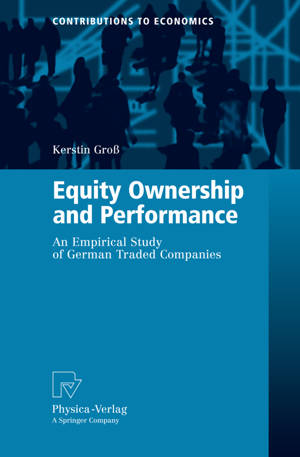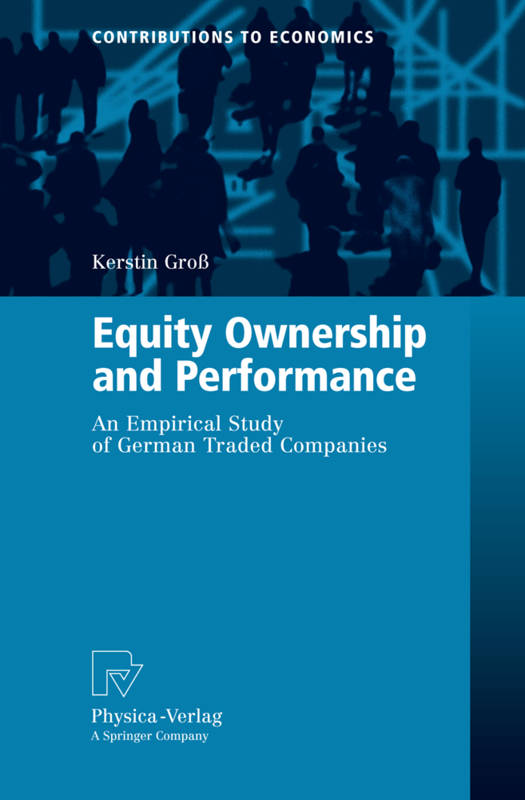
- Afhalen na 1 uur in een winkel met voorraad
- Gratis thuislevering in België vanaf € 30
- Ruim aanbod met 7 miljoen producten
- Afhalen na 1 uur in een winkel met voorraad
- Gratis thuislevering in België vanaf € 30
- Ruim aanbod met 7 miljoen producten
Zoeken
€ 105,45
+ 210 punten
Omschrijving
Corporate governance has been at the center of interest in the corporate- nance literature for the past decade. The discussion has continuously int- si?ed due to the occurrence of multiple corporate governance failures which have triggered the introduction or further re?nement of national and inter- tional corporate governance codes. The necessity of regulatory action however rests on the need for a sound understanding of potentially negative e?ects of ownership structure on ?nancial performance. Unfortunately, the empirical literature so far has not delivered consistent evidence leaving the overall e?ects still somewhat in the open. This incons- tency is argued to stem from di?erent biases in the statistical analysis, where the most important ones are the endogeneity and simultaneity bias. The - jective of this dissertation is to provide less distorted results by modelling various ownership aspects and performance simultaneously. The study sets out with a simultaneous equations analysis of the re- tionship between general ownership concentration and performance. This is followed by an examination of more speci?c ownership e?ects with a foll- up model focusing on managerial ownership and another one on institutional ownership. Subsequently, the author combines the three previous models in a ?nal comprehensive analysis which allows for the simultaneous assessment and separation of the di?erent ownership and performance e?ects. Withitsstate-of-the-artanalysis, thedissertationcontributessubstantially to the existing international empirical literature on the relationship between corporate ownership and performance. I wish for this dissertation to give impetus to and become widely accepted by corporate governance researchers and practitioners alike.
Specificaties
Betrokkenen
- Auteur(s):
- Uitgeverij:
Inhoud
- Aantal bladzijden:
- 373
- Taal:
- Engels
- Reeks:
Eigenschappen
- Productcode (EAN):
- 9783790819335
- Verschijningsdatum:
- 7/05/2007
- Uitvoering:
- Paperback
- Formaat:
- Trade paperback (VS)
- Afmetingen:
- 155 mm x 234 mm
- Gewicht:
- 544 g

Alleen bij Standaard Boekhandel
+ 210 punten op je klantenkaart van Standaard Boekhandel
Beoordelingen
We publiceren alleen reviews die voldoen aan de voorwaarden voor reviews. Bekijk onze voorwaarden voor reviews.











